Школа иностранных языков Liden & Denz первая в России получила международные аккредитации EAQUALS и IALC - это значит, что мы имеем самые высокие стандарты обучения и безупречную репутацию.
А вместе с тем, богатую историю, ведь в 2022 году школе исполнилось 30 лет!
Liden & Denz заботится о качестве обучения, поэтому использует коммуникативную методику, где главный упор ставится на навыках общения и постоянной практике. Школа оборудована современной техникой, поэтому занятия проводятся очно, онлайн и гибридно с использованием только актуальных учебных материалов.
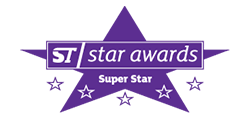
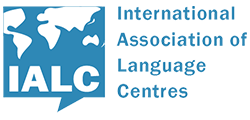

Не знаете свой уровень?
Пройдите наш тест!
Погружаем по-полной! Методика Liden & Denz построена на беспрерывной коммуникации, а значит, наши занятия всегда проходят в режиме постоянной практики, живого общения и бесконечного интерактива!
А помогают студентам погружаться наши сотрудники - в школе работают как носители иностранных языков, так и русскоязычные преподаватели, имеющие профессиональное образование и официальные сертификаты. А ещё на обучение в школу постоянно приезжают студенты из Англии, Америки, Италии, Германии и многих других стран, поэтому за свой языковой барьер можно не переживать - он точно будет сломлен!
И это далеко не всё! Подспорьем для эффективного обучения станут разговорные клубы, лекции об иностранных языках и культурах, а также интернациональные мероприятия.
Поэтому учиться в Liden & Denz - значит, погрузиться в иностранный язык по-полной!
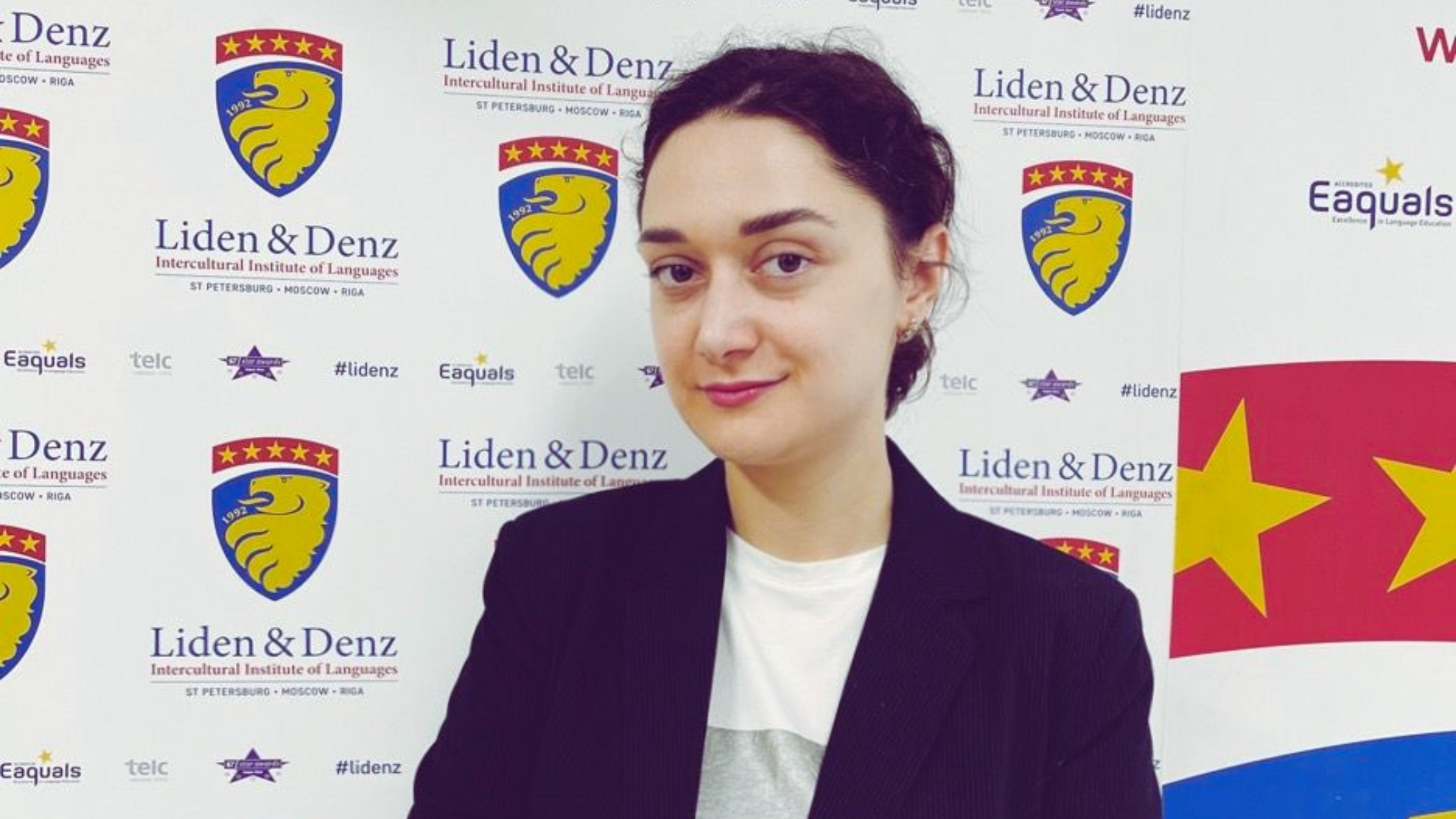
Лаура Читанава
Педагог дополнительного образования
Образование: РГГУ, специальность - английская филология. Международный сертификат TESOL (Teaching English to Speakers of Other Languages). Опыт преподавания более 6 лет.
Курсы: Английский для бизнеса и общей коммуникации (уровни А0-С1), английский для взрослых и подростков, индивидуальное и корпоративное обучение.
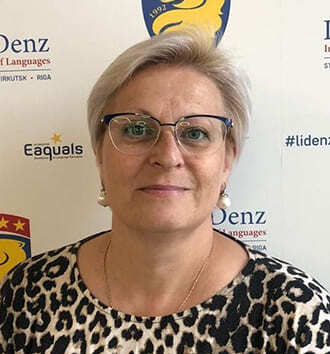
Светлана Удочкина
Педагог дополнительного образования
Образование: РГПУ, германист, профессиональный преподаватель немецкого языка, гид-переводчик.
Курсы: Немецкий для бизнеса и общей коммуникации (уровни А1-С1), немецкий для детей и подростков, индивидуальное и корпоративное обучение, подготовка к экзаменам.
Хотите узнать больше об этом педагоге? Читайте с ним интервью в нашем блоге.
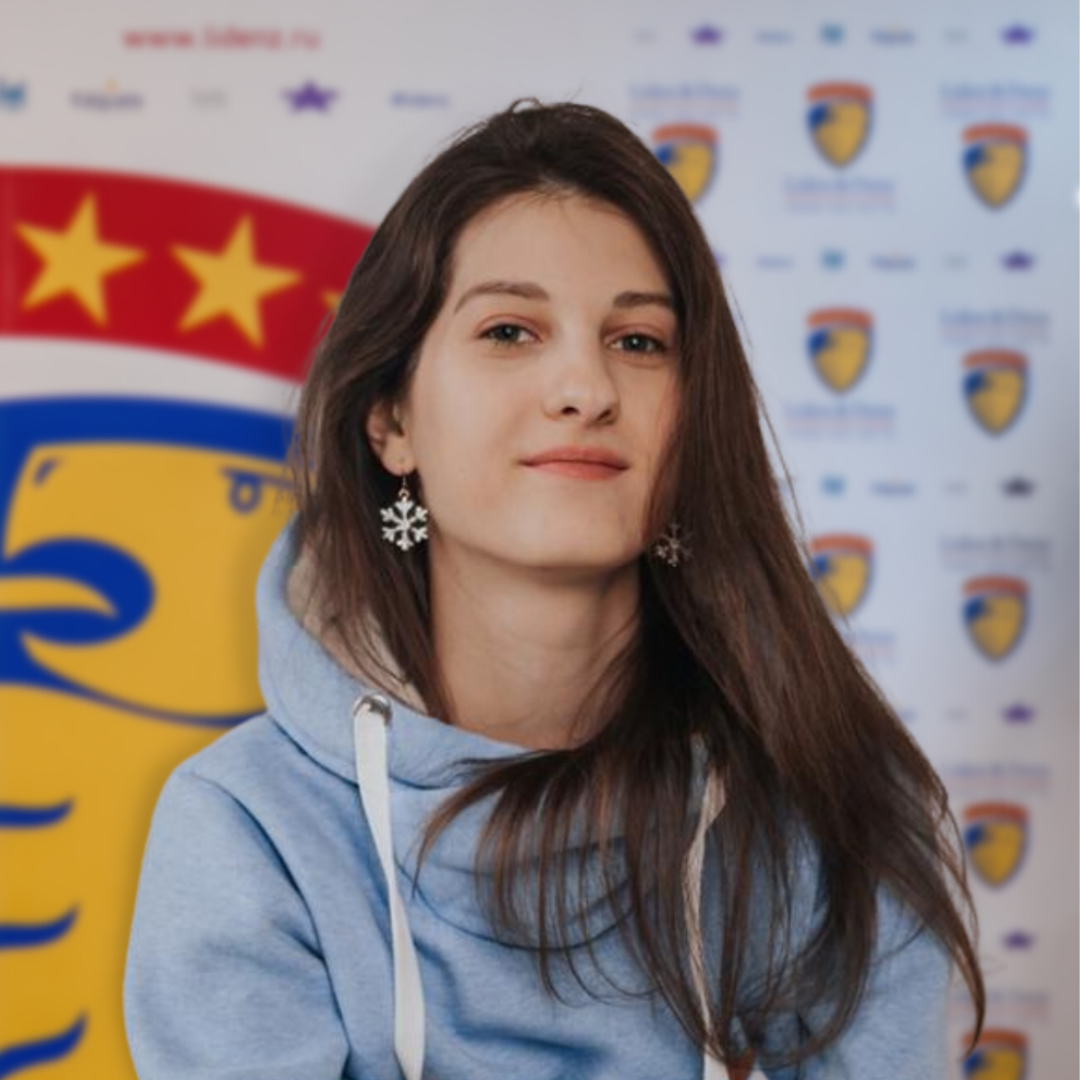
Маргарита Копань
Педагог дополнительного образования
Образование: РГПУ им. Герцена, специальность - лингвист, СПбГЭУ, специальность - переводоведение и лингводидактика. Курсы: Немецкий для бизнеса и общей коммуникации (уровни А1-С1), немецкий для детей и подростков, индивидуальное и корпоративное обучение, подготовка к экзаменам.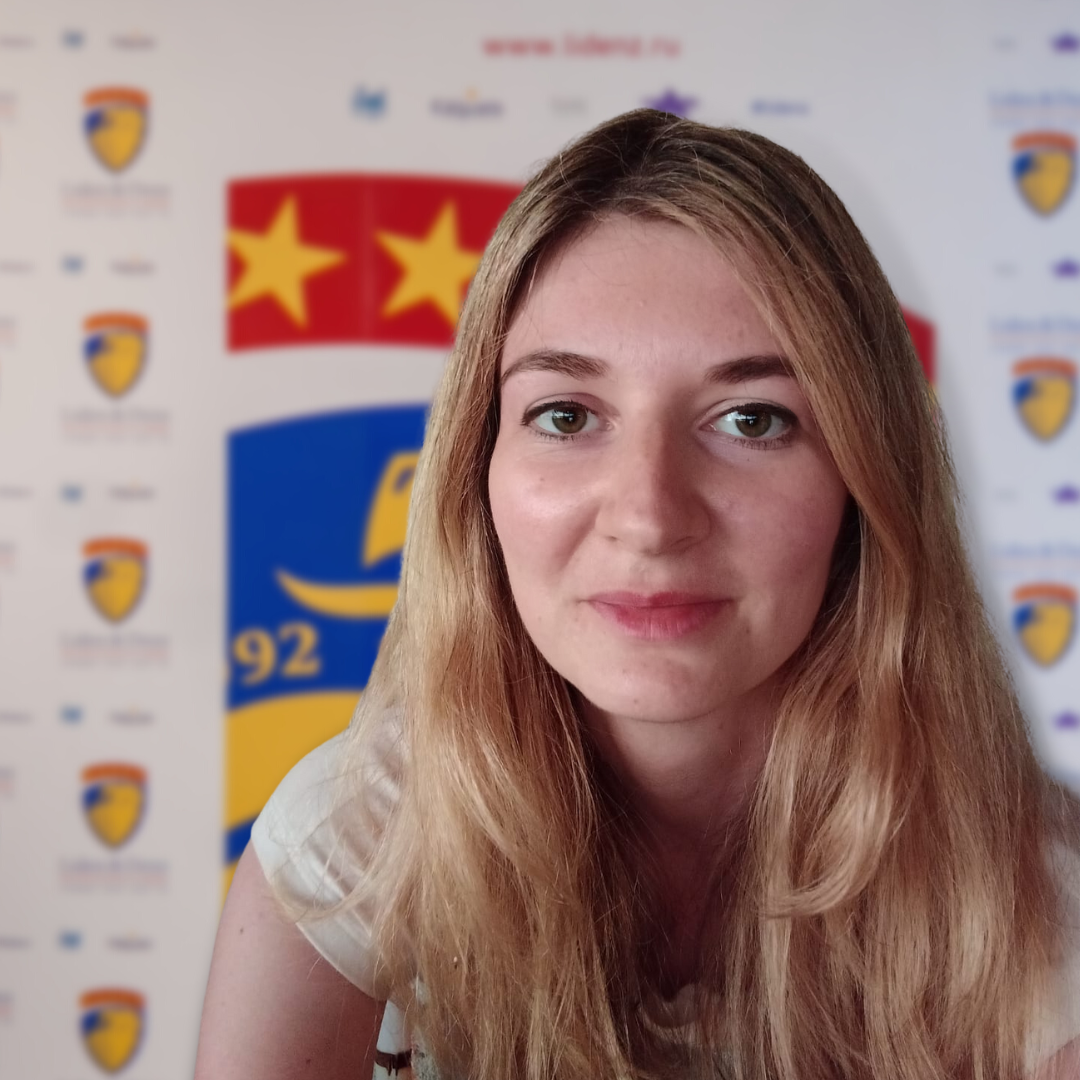
Марина Соколовская
Педагог дополнительного образования
Образование: РГПУ им. Герцена, специальность - лингвист-переводчик. Университет г. Констанц (Германия), специальность - экономика. Курсы: Немецкий для бизнеса и общей коммуникации (уровни А1-С1), немецкий для детей и подростков, индивидуальное и корпоративное обучение, подготовка к экзаменам.
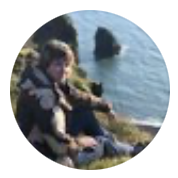








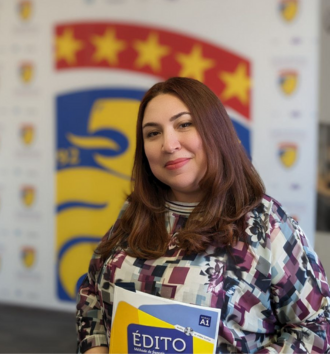
Я всегда горжусь своими учениками, даже если это небольшие успехи в языке: ученик посмотрел фильм на языке оригинала и был доволен, что услышал несколько слов; а другой студент во время знакомства с носителем смог поддержать диалог; или звонит бабушка и делится, что ее внук после наших занятий смог легко адаптироваться во французской школе. Но особенно я горжусь, когда мои ученики проходят международные экзамены на знание языка или на поступление во франкоязычные ВУЗы, занимают призовые места в различных языковых конкурсах, олимпиадах, выигрывают стипендии.
Остановлюсь же я на такой истории успеха. Один из моих учеников просил подготовить его к поступлению в университет менее чем за год . И все бы ничего, но уровень его знаний на тот момент был нулевой. Я сомневалась, обычно на подготовку к такому экзамену уходит от 3 до 4 лет. Но парень усердно занимался 5 дней в неделю, ездил во Францию для погружения в среду. Его решимость и усилия принесли плоды — он сдал экзамен и поступил! С тех пор на вопрос студентов, сколько времени нужно чтобы выучить язык, я всегда отвечаю: «Всё зависит от вашей мотивации...»
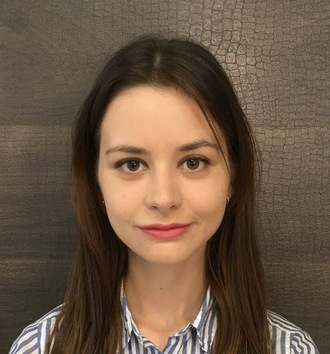
Молодая девушка Мария, преподаватель со знанием испанского языка, пришла ко мне с задачей всего 15 уроков по 50 минут пройти («пролететь») уровень А1 по итальянскому языку на базе одного учебника Nuovo Espresso к определенной дате (конец декабря). Марии это нужно было для поступления на языковые курсы в Италии, где уже ожидал ее молодой человек итальянец (а это большой плюс для практики). Довольно необычная ситуация и почти нереальные сроки, но мы взялись за это :)
Чтобы успеть, нужно было бы проходить по 1.5 урока учебника за один академический час. Я предпочла немного другую стратегию: мы больше времени уделили первой половине учебника, чтобы не было стресса с самого начала, а когда уже была минимальная база, мы быстро обсудили некоторые основные темы последних уроков. Нам удалось как проговорить грамматические правила, так и уделить необходимое время устному общению.
Не могу сказать, что за такое короткое время можно дать и отработать качественно материал ученику почти с нуля, но мы уложились в сроки и прошли по всему учебнику. В результате Мария успешно написала тест по грамматике на базе нашего учебника, а также смогла ответить на все вопросы устного контроля материала.
Мария в данный момент находится в Италии и уже с 10 января начала обучение на курсе А2 с итальянским преподавателем. Умница!
Адрес: 191014, Санкт-Петербург, ул. Жуковского, дом 3. На карте
Телефон: 8 (812) 703-82-93
E-mail: [email protected]
Как нас найти?
До нашего центра легко добраться от метро Маяковская/Площадь Восстания. Liden & Denz находится во внутреннем дворе дома 3 по улице Жуковского. Проход через арку, вход слева, четвертый этаж по лестнице.
Адрес: 123056 Москва, Грузинский переулок, дом 3 На карте
Телефон: 8 (499) 254-49-91
E-mail: [email protected]
Как нас найти?
Доехать на метро до станции "Белорусская" кольцевой линии и перейти на выход "Белорусский вокзал". Поверните направо и пройдите по Грузинскому Валу около 300 метров, затем поверните налево. Дом № 3 - это второе здание по правой стороне Грузинского переулка. Не идите вдоль здания, а поверните направо во двор, где вы увидите ворота и будку охранника, контролирующего доступ на территорию. Скажите охраннику, что вы хотите попасть в Liden & Denz (не забудьте паспорт!). Мы находимся на первом этаже у входной двери № 6, офис 181. Код для открытия входной двери - 66 9864.